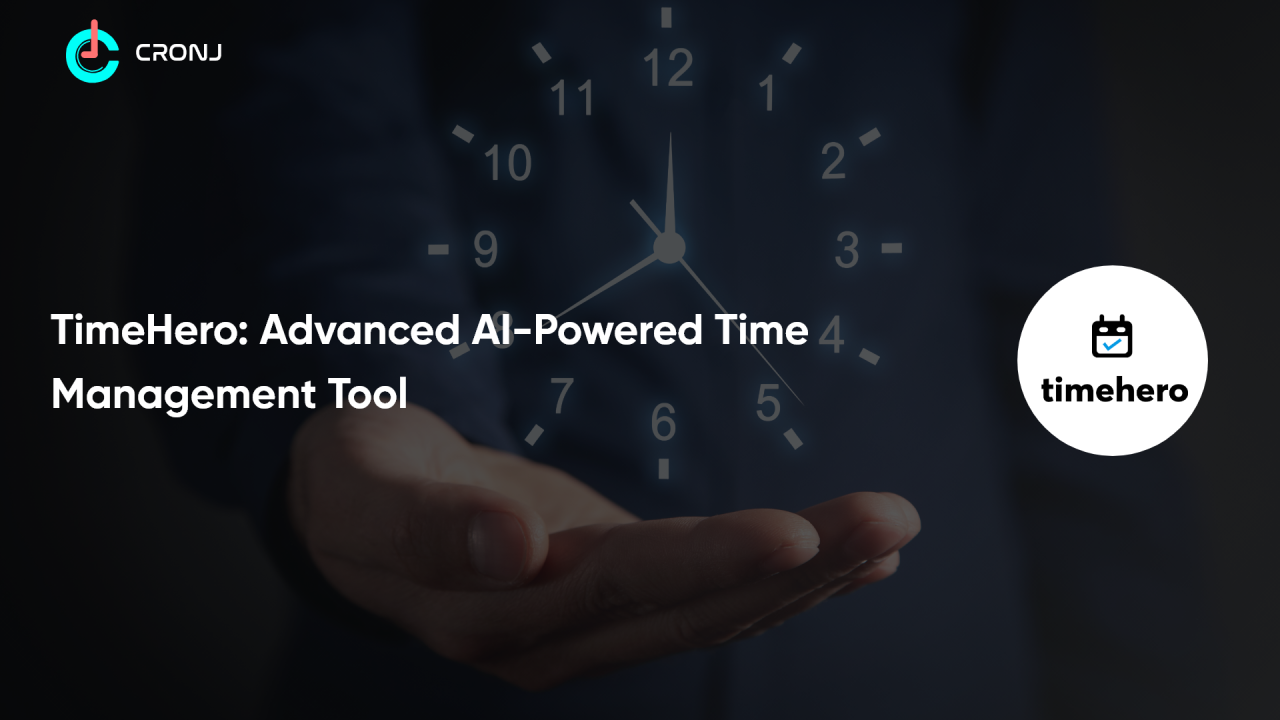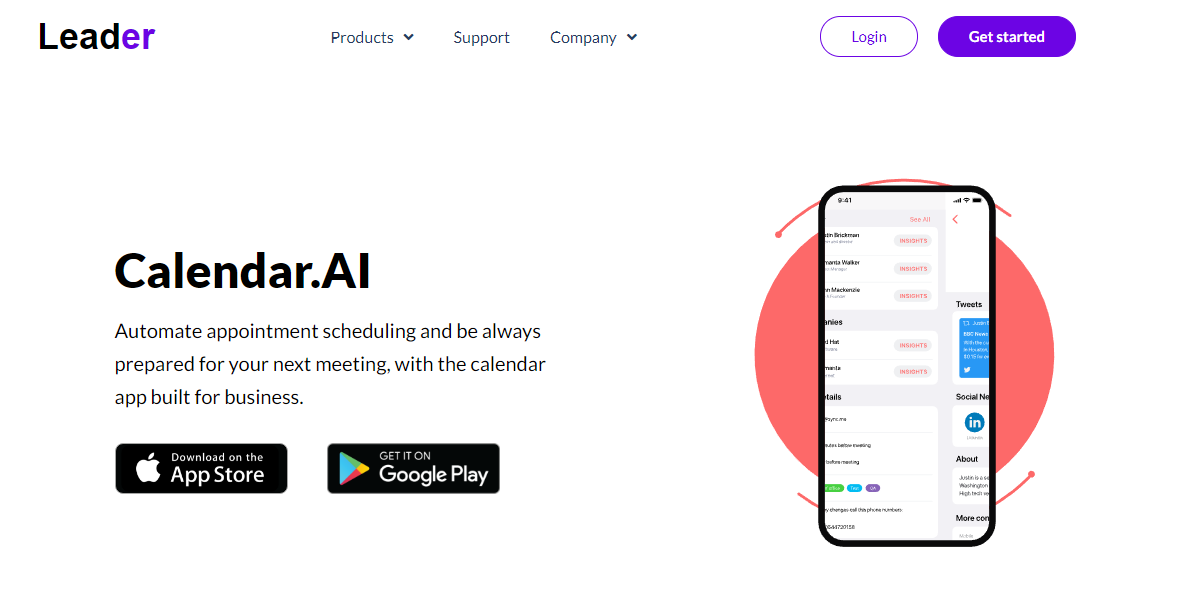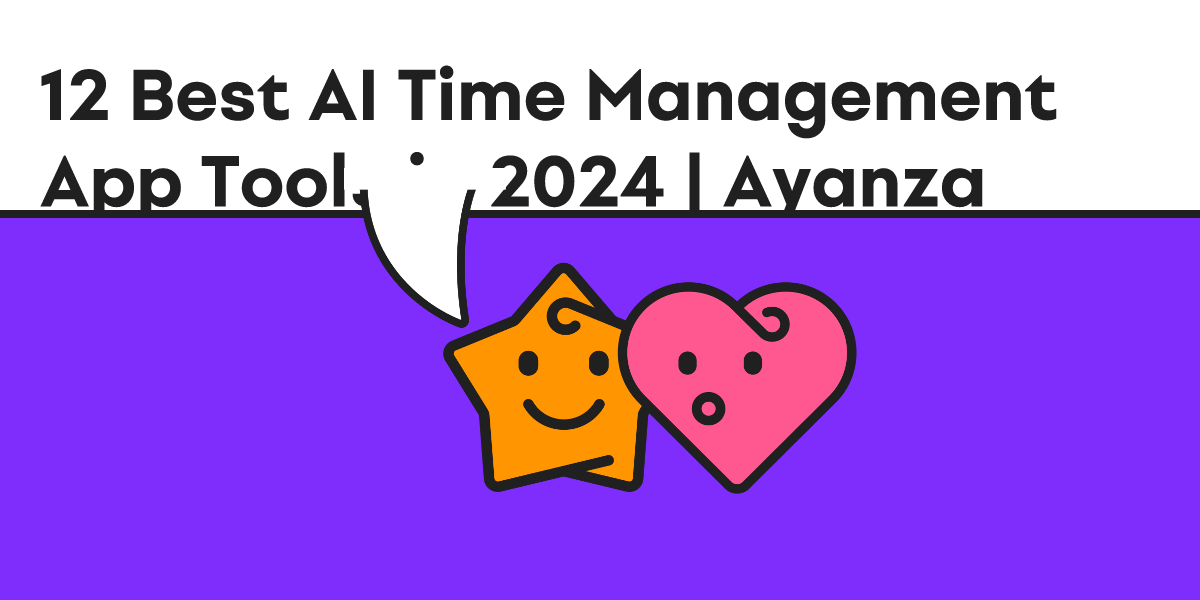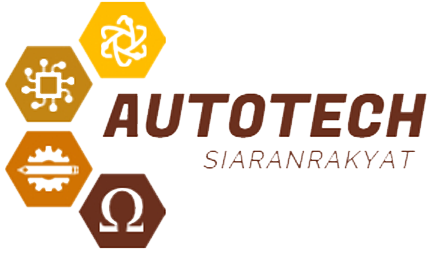AI tools for time management are revolutionizing how we approach productivity. This exploration delves into the capabilities of these intelligent assistants, examining their core functionalities, diverse applications, and integration with existing workflows. We’ll compare leading tools, discuss ethical considerations, and project the future of AI’s role in optimizing our time.
From scheduling and prioritization to overcoming common challenges and understanding the impact across various user groups, this comprehensive overview aims to equip readers with the knowledge needed to harness the power of AI for enhanced time management. We will also analyze successful implementations and discuss the ethical implications of utilizing these powerful tools.
Defining AI Time Management Tools: AI Tools For Time Management

AI-powered time management tools represent a significant advancement in personal and professional productivity. They leverage artificial intelligence algorithms to analyze user data, identify patterns, and offer personalized recommendations for improved time allocation and task prioritization. This goes beyond simple scheduling apps by incorporating predictive capabilities and learning from user behavior to optimize workflow and minimize wasted time.
These tools are designed to significantly enhance time management capabilities, moving beyond basic calendar functions. Core functionalities typically include intelligent scheduling, task prioritization based on urgency and importance, automatic meeting scheduling, and insightful analytics regarding time usage. Many also integrate with other productivity applications, creating a unified workflow management system. The goal is to automate repetitive tasks, reduce cognitive load associated with planning, and ultimately increase efficiency and productivity.
Categorization of AI Time Management Tools
AI time management tools can be broadly categorized based on their primary functionalities and target user groups. While there’s significant overlap, these categories offer a useful framework for understanding the diverse landscape of available options. The categories are not mutually exclusive; a single tool might incorporate elements from multiple categories.
- Intelligent Scheduling Assistants: These tools focus on automating scheduling processes. They learn user preferences and availability, proactively suggest optimal meeting times, and automatically manage calendar entries. Examples might include tools that automatically reschedule meetings based on real-time changes in availability or those that prioritize meetings based on importance and deadlines.
- Task Management and Prioritization Systems: These tools go beyond simple to-do lists by incorporating AI-driven prioritization algorithms. They analyze task dependencies, deadlines, and user-defined priorities to suggest optimal task sequences and highlight potential bottlenecks. These systems often incorporate features such as automated reminders and progress tracking.
- Time Tracking and Analysis Tools: These tools monitor time spent on various activities, providing detailed reports and insights into time usage patterns. This data allows users to identify time-wasting activities and optimize their workflow accordingly. Advanced versions might offer predictive analytics, forecasting future time needs based on past behavior.
- Focus and Productivity Boosters: This category encompasses tools that actively help users maintain focus and minimize distractions. They might employ techniques such as website blockers, timeboxing, or personalized focus sessions based on user’s typical productivity patterns. Some might even integrate with wearable technology to monitor activity levels and suggest breaks.
Integration with Existing Productivity Systems
Seamlessly integrating AI time management tools into your existing workflow is crucial for maximizing their effectiveness. The goal is to avoid creating yet another silo of information, instead leveraging the tools you already use and trust. This integration allows for a more streamlined and efficient approach to time management.
Effective integration minimizes disruption to your established routines and ensures data consistency across your various productivity platforms. By connecting your AI time management tool with your calendar and project management software, you create a centralized hub for scheduling, task management, and progress tracking. This centralized view provides a holistic perspective on your workload and allows for better decision-making regarding task prioritization and time allocation.
Connecting with Calendar Applications
Connecting your AI time management tool to your calendar (Google Calendar, Outlook Calendar, etc.) allows for automatic scheduling of tasks and appointments. This eliminates manual entry and reduces the risk of scheduling conflicts. For example, if the AI tool suggests a 2-hour block for focused work on a specific project, it can automatically add this to your calendar, blocking off that time and preventing other appointments from being scheduled during that period. The integration should also allow for two-way communication, updating the AI tool with any calendar changes, ensuring the AI’s recommendations remain relevant and accurate.
Linking with Project Management Software
Integrating your AI time management tool with project management software (Asana, Trello, Monday.com, etc.) allows for seamless task management and progress tracking. The AI can analyze your project tasks, deadlines, and dependencies to suggest optimal task scheduling and highlight potential bottlenecks. For instance, if a project involves multiple tasks with interconnected dependencies, the AI could analyze these dependencies and create a realistic schedule, adjusting the task assignments based on individual team member availability and skillsets. This integration allows for a dynamic and adaptable project schedule that can adjust to unexpected changes or delays.
Best Practices for Smooth Integration
Before integrating, carefully review the APIs and integration capabilities offered by both your AI time management tool and your existing productivity systems. Understanding the limitations and capabilities of each system is crucial for a successful integration. Ensure the chosen integration method is secure and protects your data.
- Prioritize data security and privacy throughout the integration process.
- Regularly review and update the integration to ensure optimal performance and compatibility.
- Start with a pilot program, integrating the AI tool with one or two systems before expanding to a wider integration.
- Clearly define your integration goals and objectives before initiating the process.
- Thoroughly test the integration to identify and resolve any potential issues or conflicts.
The Future of AI in Time Management

The field of AI-powered time management is poised for significant advancements. Current tools offer a glimpse into the potential, but future developments promise even greater efficiency and productivity gains, fundamentally altering how we approach our schedules and tasks. This evolution will be driven by improved machine learning algorithms, increased data availability, and the integration of AI across various aspects of our digital lives.
The next generation of AI time management tools will move beyond simple scheduling and task management. They will leverage sophisticated predictive analytics to anticipate needs and proactively manage our time, minimizing interruptions and maximizing focused work periods. This will lead to a more proactive, rather than reactive, approach to time management.
Predictive Scheduling and Task Prioritization
AI will become increasingly adept at predicting the time required for tasks, factoring in factors like complexity, dependencies, and individual work patterns. This predictive capability will allow for more accurate scheduling and proactive task prioritization, reducing the likelihood of scheduling conflicts and missed deadlines. For example, an AI system could analyze past project data to estimate the time needed for similar tasks in the future, automatically adjusting schedules to accommodate potential delays or unexpected workload increases. This predictive power will be further enhanced by the integration of natural language processing, allowing users to input tasks in natural language and receive accurate time estimations.
Personalized Productivity Optimization
Future AI time management tools will offer personalized insights and recommendations based on individual work styles, preferences, and energy levels. By analyzing data on work habits, focus periods, and even biological rhythms, AI can optimize schedules to maximize productivity during peak performance times and strategically incorporate breaks to avoid burnout. Imagine an AI assistant that learns your optimal work hours and automatically schedules meetings and tasks accordingly, suggesting breaks based on your focus patterns and physiological data from wearable devices. This level of personalization will move beyond simple calendar management to encompass holistic productivity optimization.
Enhanced Collaboration and Team Management
AI will play a significant role in improving team collaboration and project management. AI-powered tools can analyze team workflows, identify bottlenecks, and suggest optimized task assignments and schedules. This could involve automatically assigning tasks based on individual skillsets and availability, streamlining communication, and providing real-time project status updates. Consider a scenario where an AI system monitors a team’s progress on a project, detects potential delays due to resource constraints, and proactively suggests solutions like reallocating tasks or requesting additional support.
- Proactive task suggestions: AI anticipates upcoming deadlines and suggests tasks based on priorities and available time.
- Contextual awareness: AI understands the context of tasks and automatically schedules them based on location, meeting availability, and other relevant factors.
- Automated meeting scheduling: AI finds optimal times for meetings based on participants’ calendars and preferences, minimizing scheduling conflicts.
- Intelligent reminders and notifications: AI uses predictive analytics to send reminders and notifications at optimal times to improve task completion rates.
- Seamless integration with other productivity tools: AI works seamlessly with existing applications like email, project management software, and communication platforms.
Case Studies

This section presents real-world examples of successful AI time management tool implementations, highlighting the positive impacts and quantifiable results achieved. These case studies showcase the practical application and benefits of integrating AI into time management strategies across various professional settings.
The following examples demonstrate how different organizations leveraged AI-powered tools to optimize their workflows, improve employee productivity, and achieve measurable improvements in efficiency and overall performance.
Successful Implementation at a Marketing Agency, AI tools for time management
A mid-sized marketing agency implemented an AI-powered scheduling and task management tool. The tool analyzed individual team members’ workloads, project deadlines, and communication patterns to automatically schedule meetings, assign tasks, and flag potential conflicts. Before implementation, the agency experienced frequent project delays and communication bottlenecks. Post-implementation, the agency saw a 15% reduction in project completion times, a 20% decrease in missed deadlines, and a reported 10% increase in employee satisfaction due to reduced stress and improved workflow organization. The AI tool’s predictive analytics also helped the agency proactively identify and address potential resource allocation issues, preventing future delays.
Improved Project Management in a Software Development Company
A software development company integrated an AI-powered project management tool that utilized machine learning to predict task durations and identify potential roadblocks. This predictive capability allowed the project managers to proactively adjust resource allocation and mitigate risks. Before implementation, the company experienced frequent budget overruns and missed deadlines. After implementing the AI tool, the company saw a 10% reduction in project costs, a 12% improvement in on-time project delivery, and a 5% increase in overall project profitability. The AI’s ability to analyze historical project data enabled more accurate estimations and improved resource planning.
Enhanced Productivity in a Customer Service Department
A large customer service department implemented an AI-powered tool to automate routine tasks, such as scheduling appointments and responding to frequently asked questions. This freed up customer service representatives to focus on more complex issues and improve customer satisfaction. Prior to implementation, the department struggled with high call wait times and low customer satisfaction scores. Following the implementation of the AI tool, the average call wait time decreased by 25%, customer satisfaction scores improved by 15%, and employee productivity increased by 20%. The AI’s ability to handle routine inquiries efficiently allowed the human agents to concentrate on higher-value interactions.
Case Study Summary
| Company Type | AI Tool Application | Key Improvement Areas | Measurable Results |
|---|---|---|---|
| Marketing Agency | Scheduling, Task Management | Project completion time, deadlines, employee satisfaction | 15% faster projects, 20% fewer missed deadlines, 10% higher employee satisfaction |
| Software Development Company | Project Management, Predictive Analytics | Project costs, on-time delivery, profitability | 10% lower project costs, 12% better on-time delivery, 5% higher profitability |
| Customer Service Department | Task Automation, Inquiry Handling | Call wait times, customer satisfaction, employee productivity | 25% shorter wait times, 15% higher customer satisfaction, 20% increased productivity |
Ultimately, AI tools for time management offer a powerful pathway to increased efficiency and productivity. While challenges exist, the potential benefits – from streamlined scheduling and improved prioritization to personalized productivity solutions – are undeniable. As AI technology continues to evolve, its impact on our ability to manage time effectively will only grow stronger, ushering in a new era of personalized productivity.
AI-powered time management tools are revolutionizing productivity, offering features like smart scheduling and task prioritization. The scalability and flexibility of these tools are often enhanced by leveraging the power of a Public cloud infrastructure, which allows for seamless access and data storage. This cloud-based approach ultimately leads to more efficient and effective time management for users.
AI-powered time management tools are revolutionizing productivity, offering features like automated scheduling and priority setting. However, the sensitive data these tools often handle necessitates robust security measures, which is why many organizations are turning to a more secure infrastructure like a Private cloud for storing and processing this information. This ensures data privacy and compliance while allowing AI tools to function optimally for enhanced time management.
